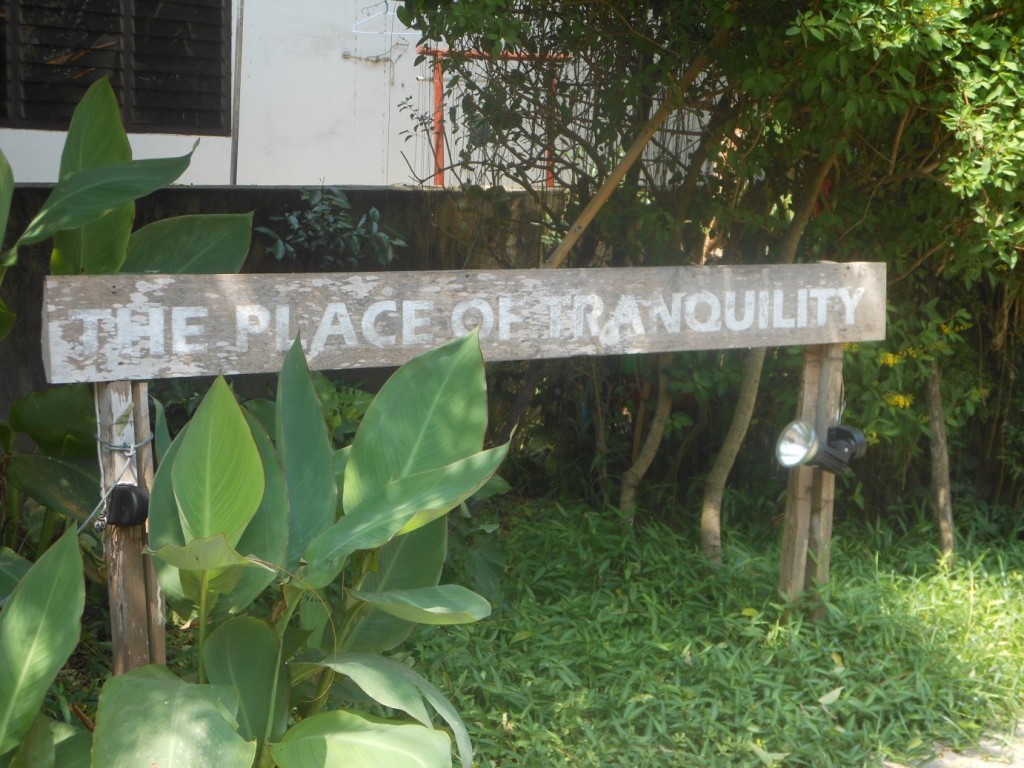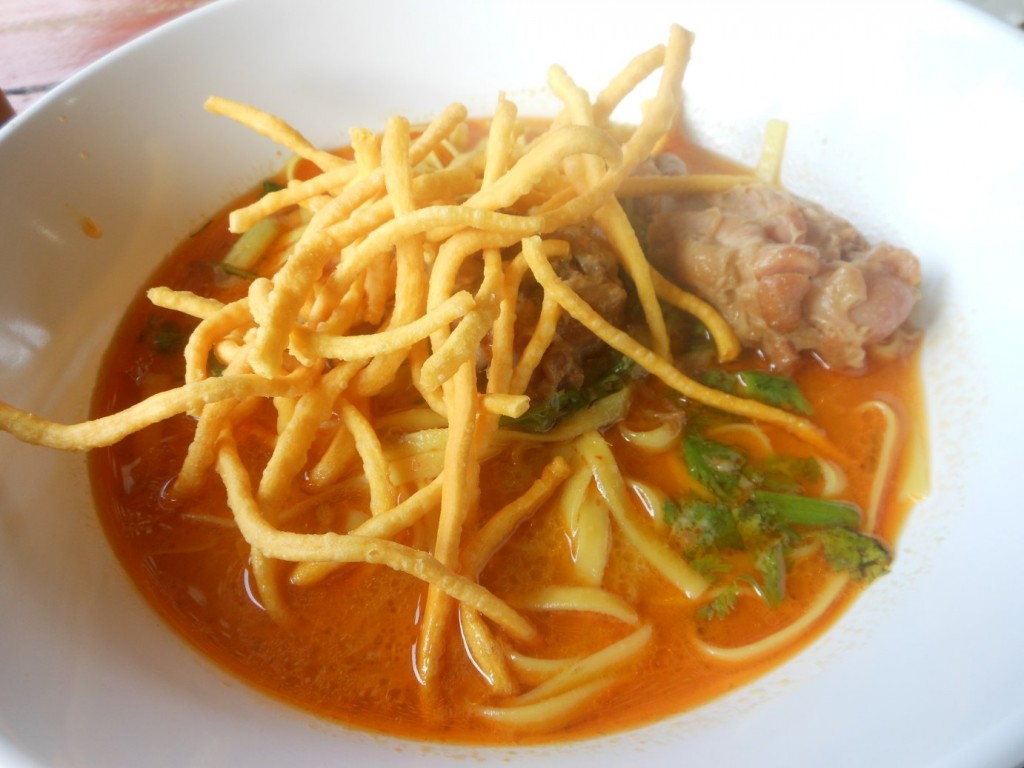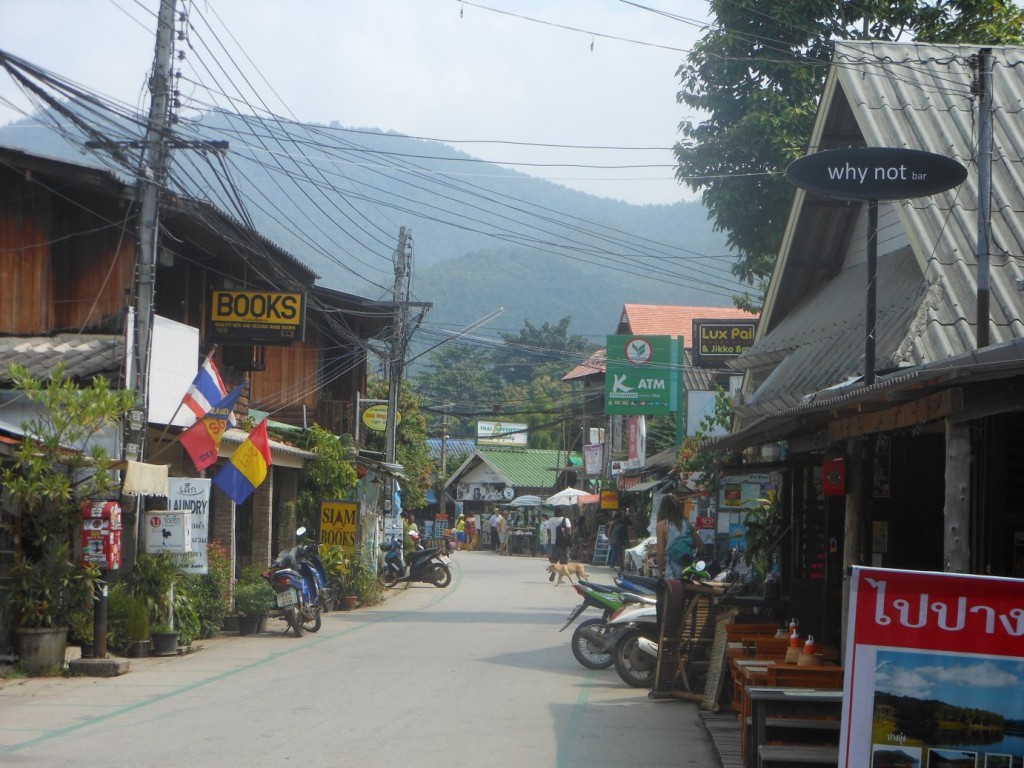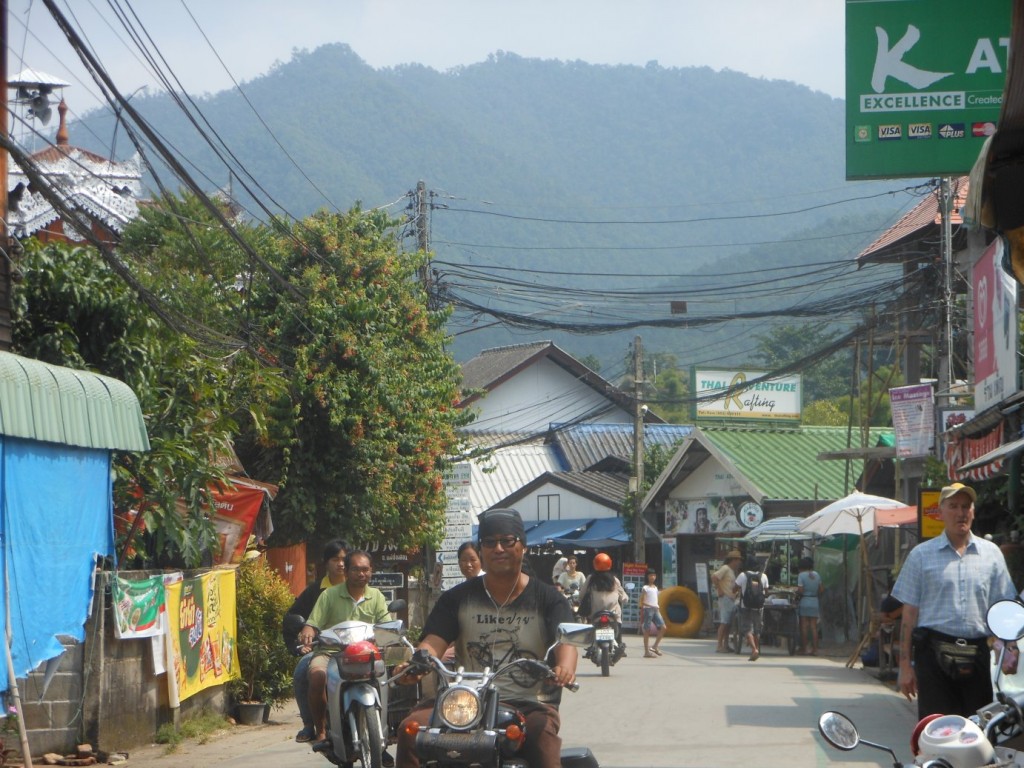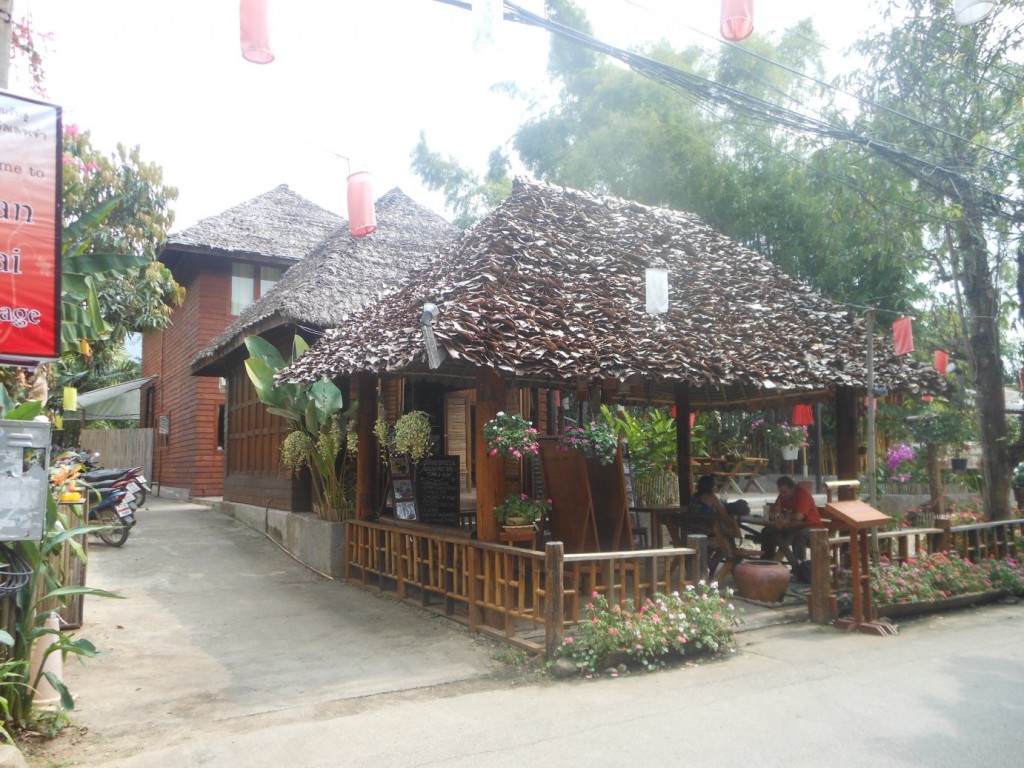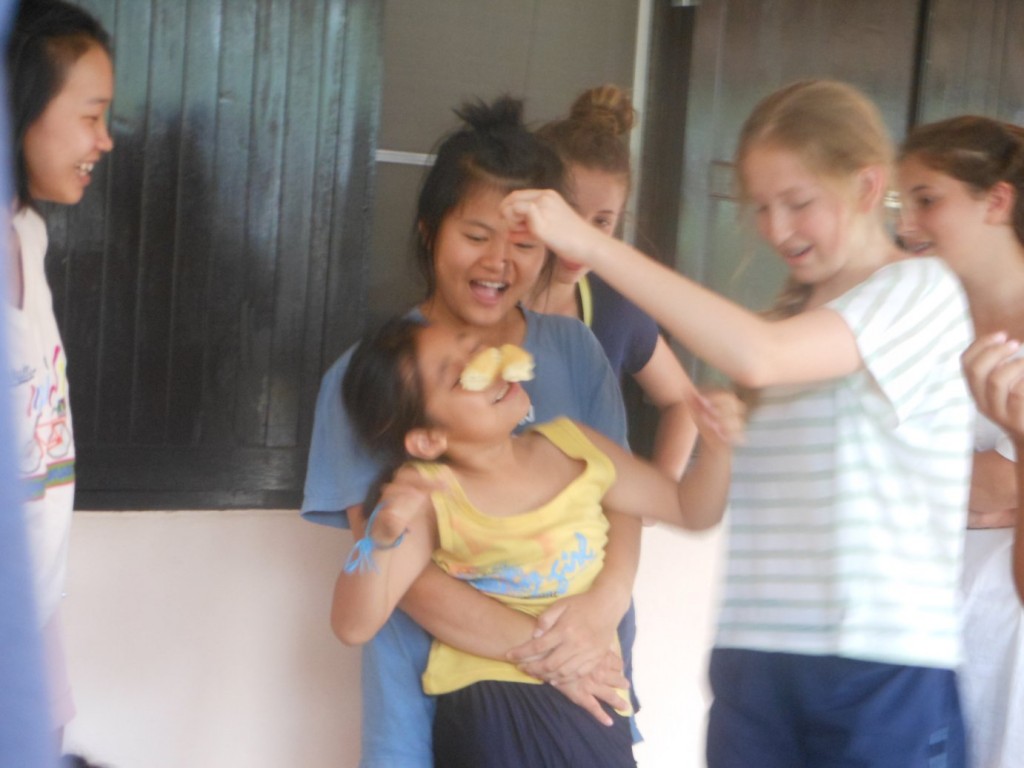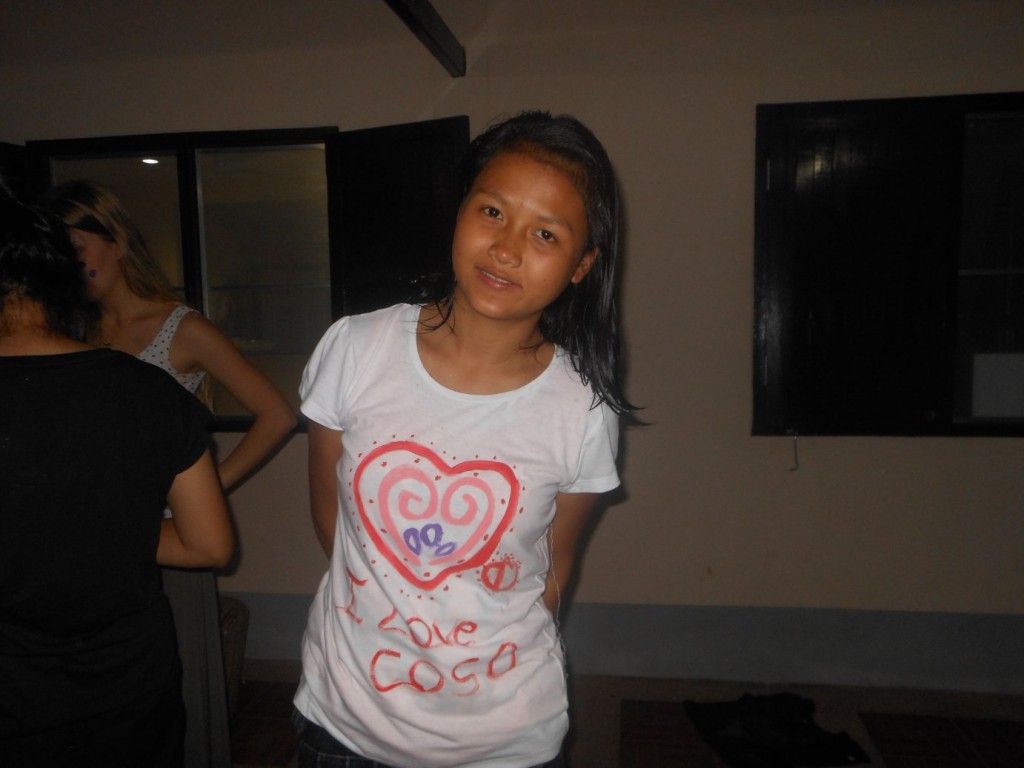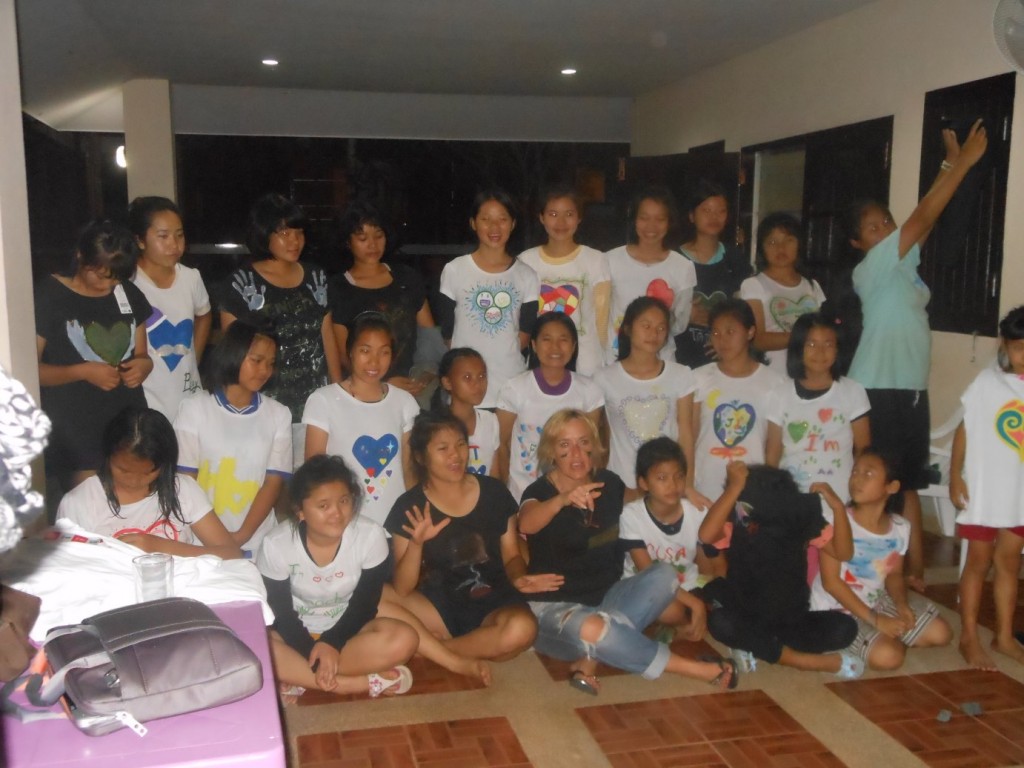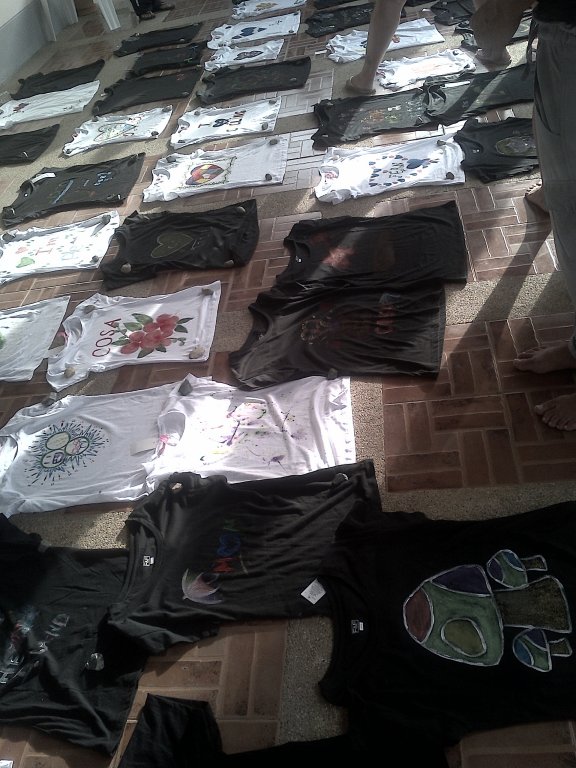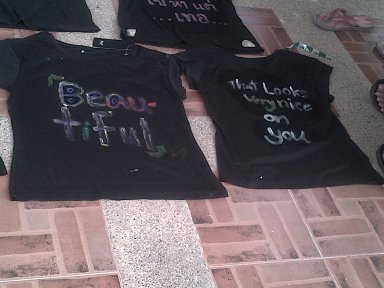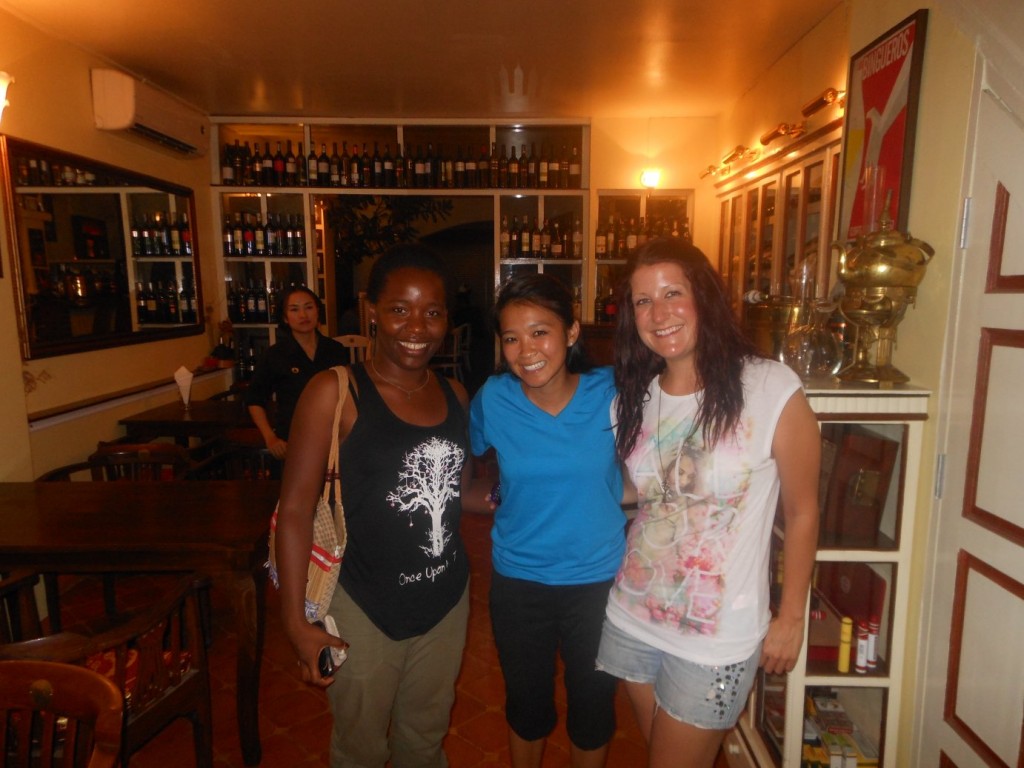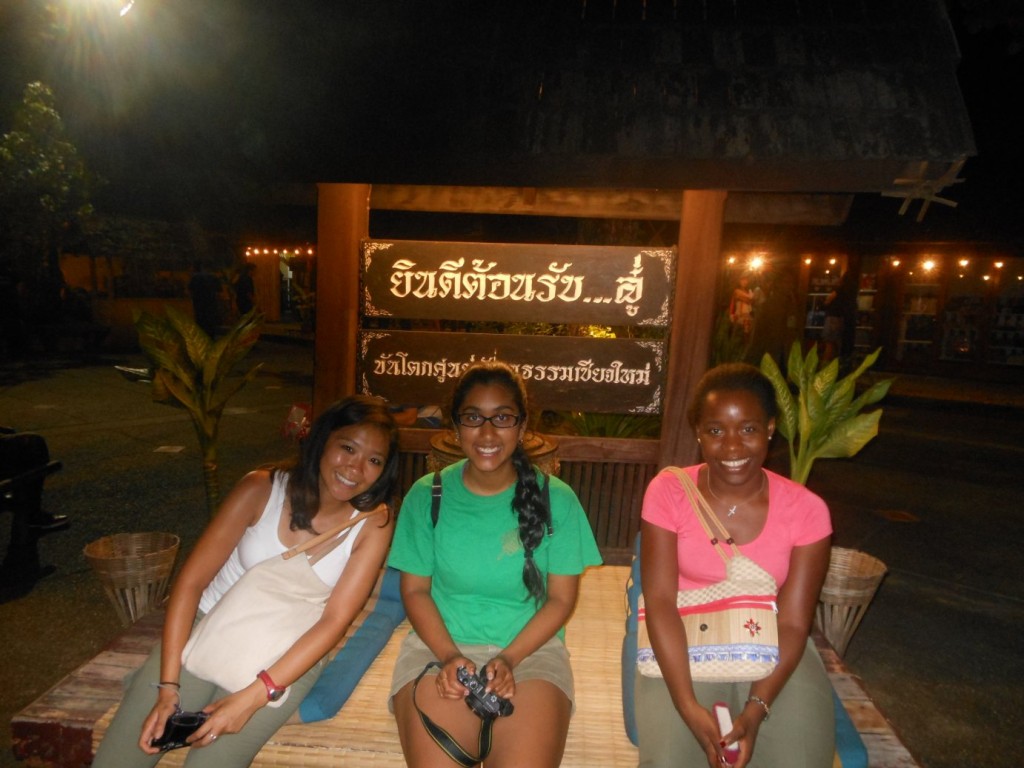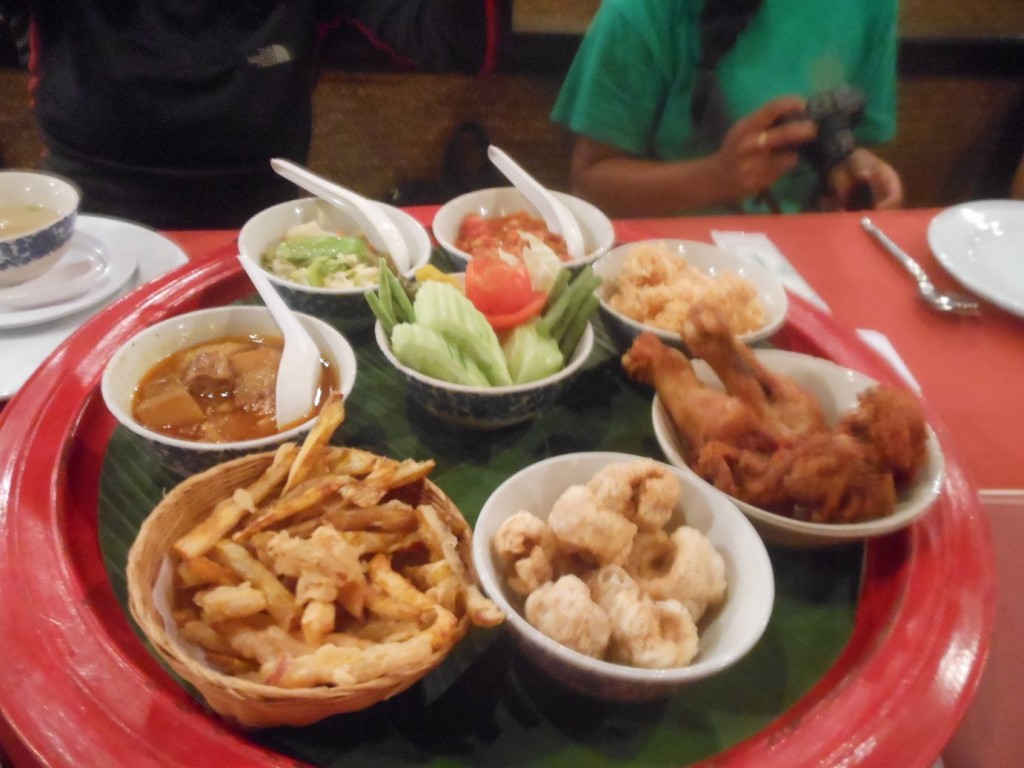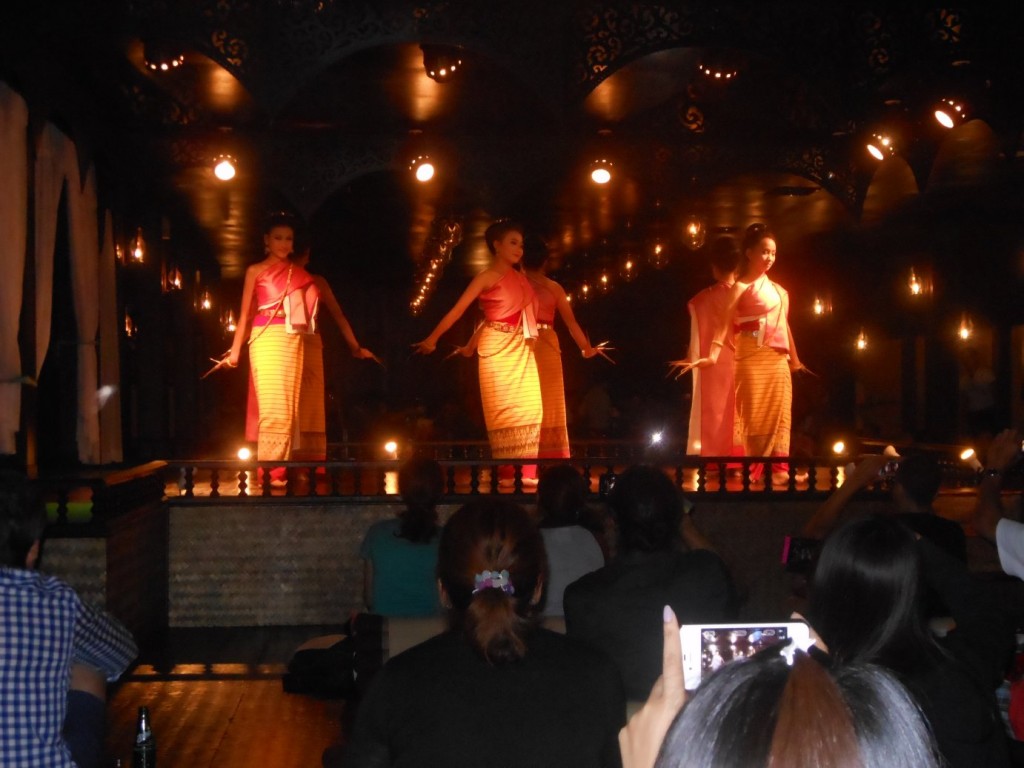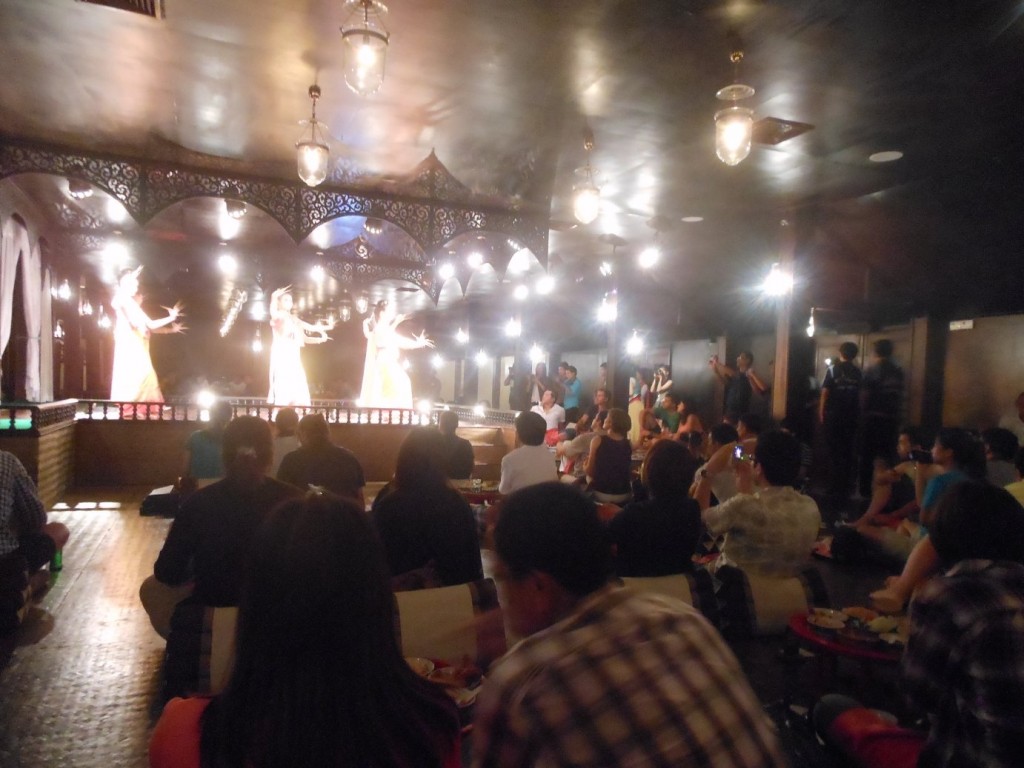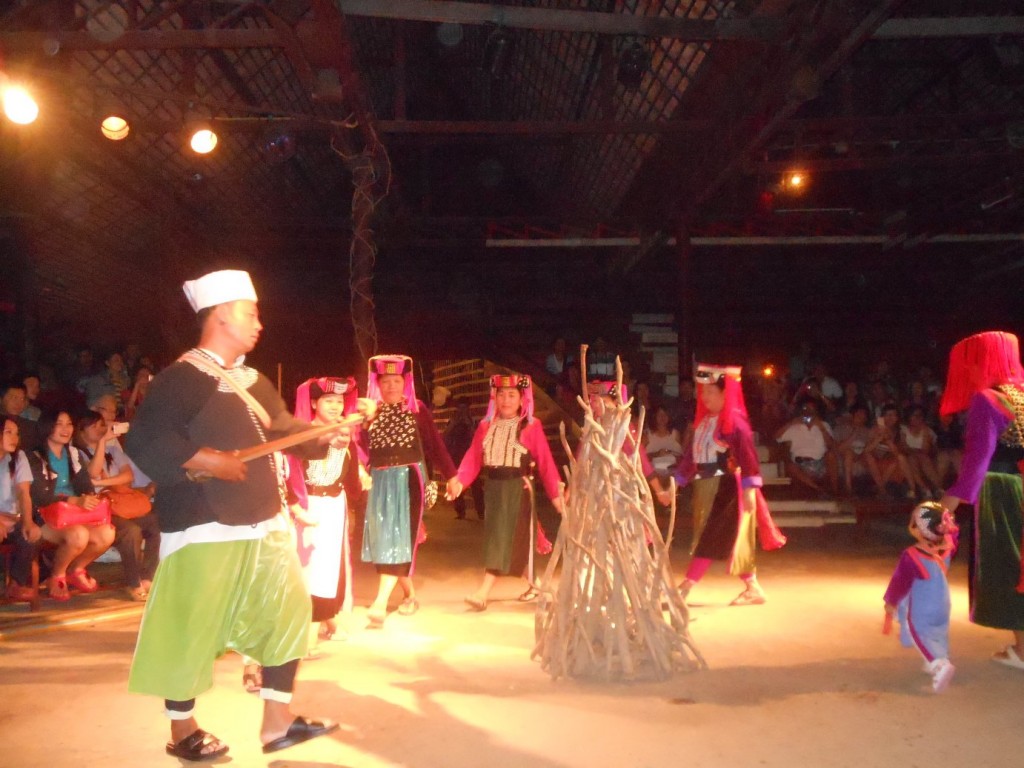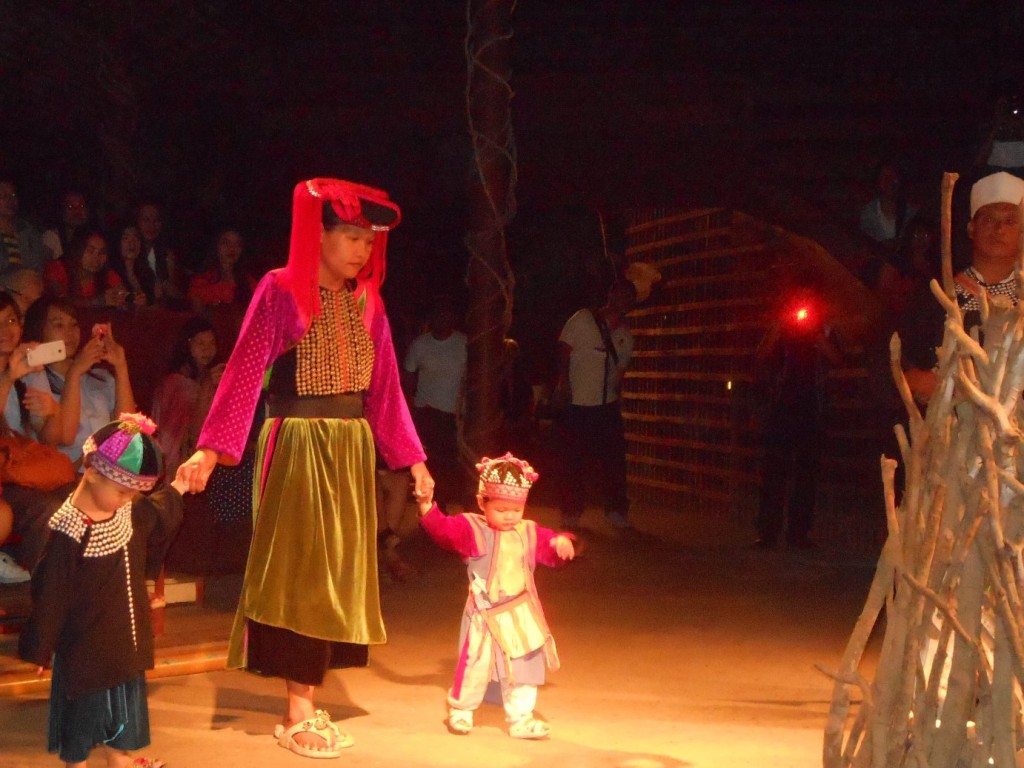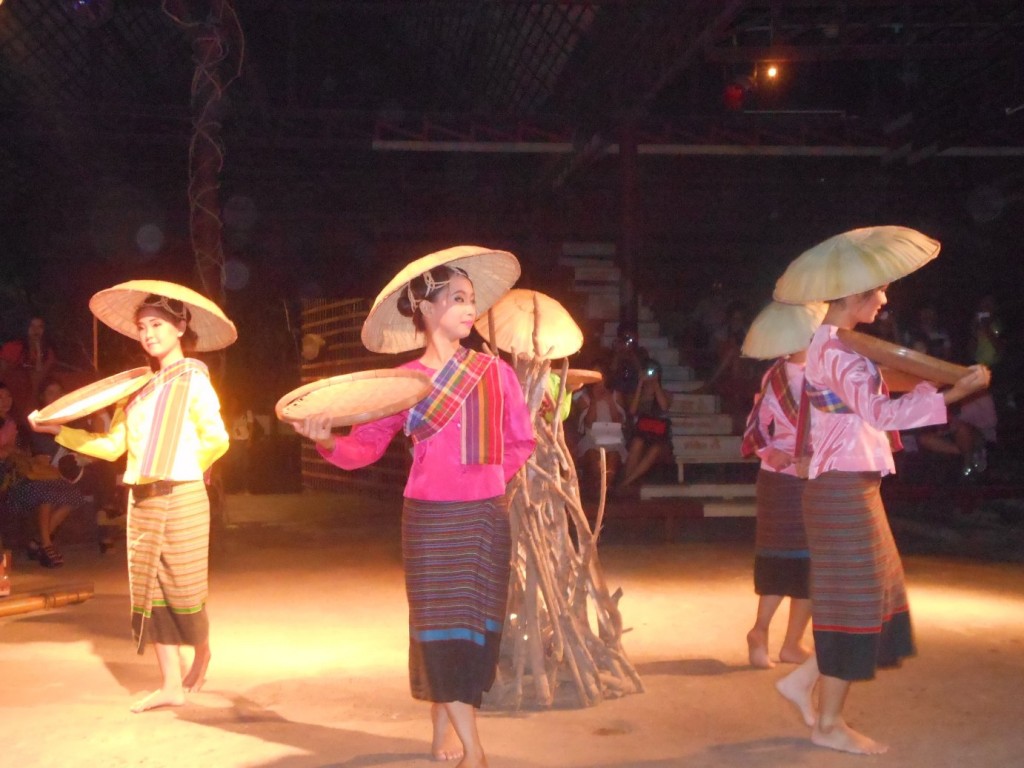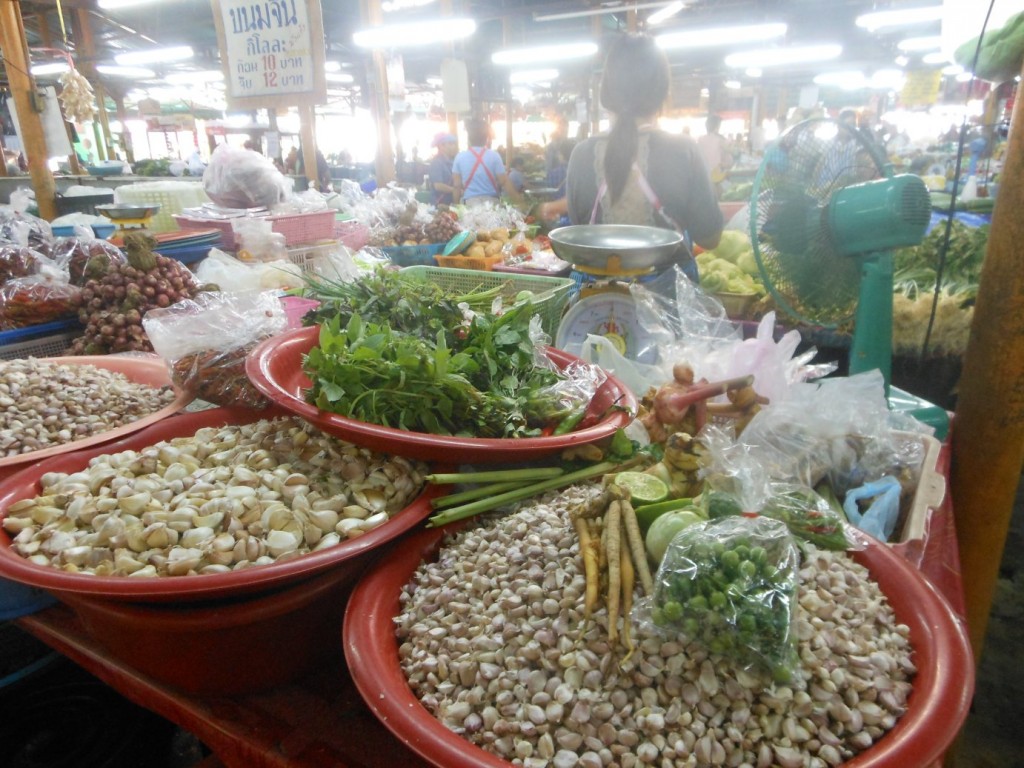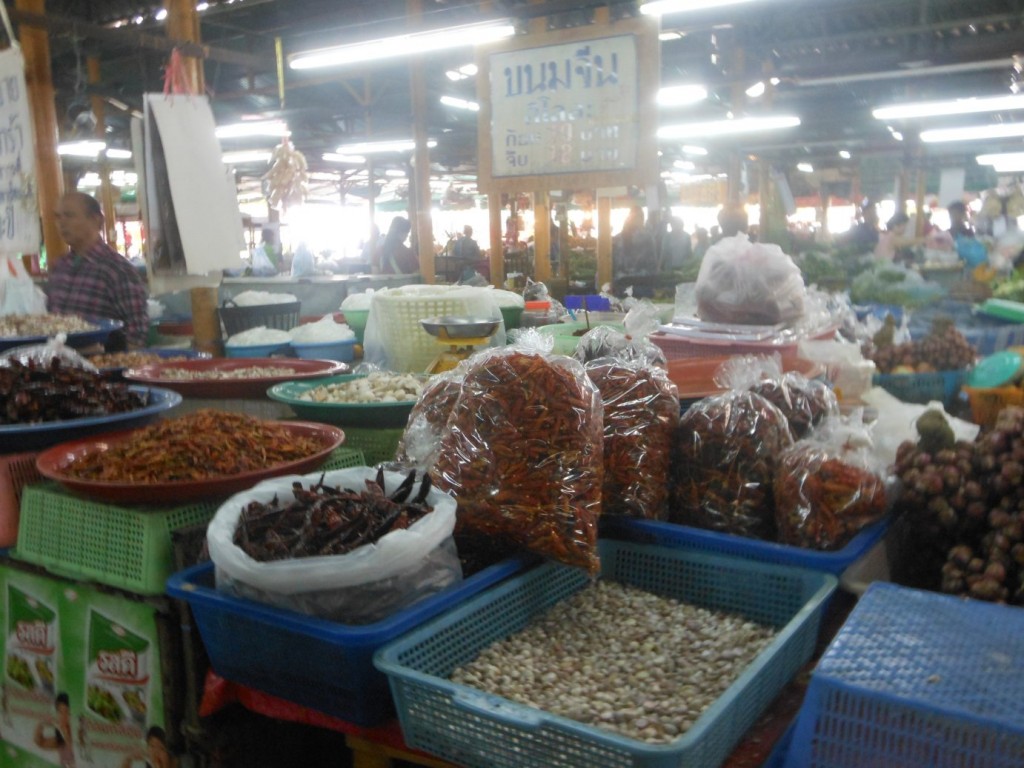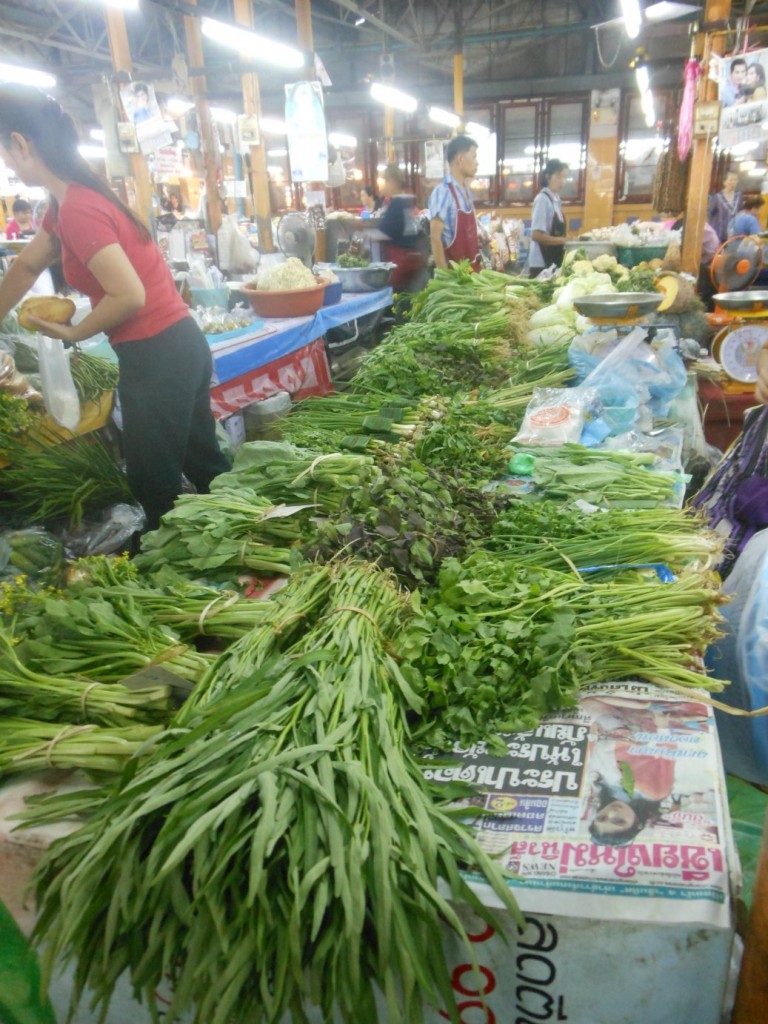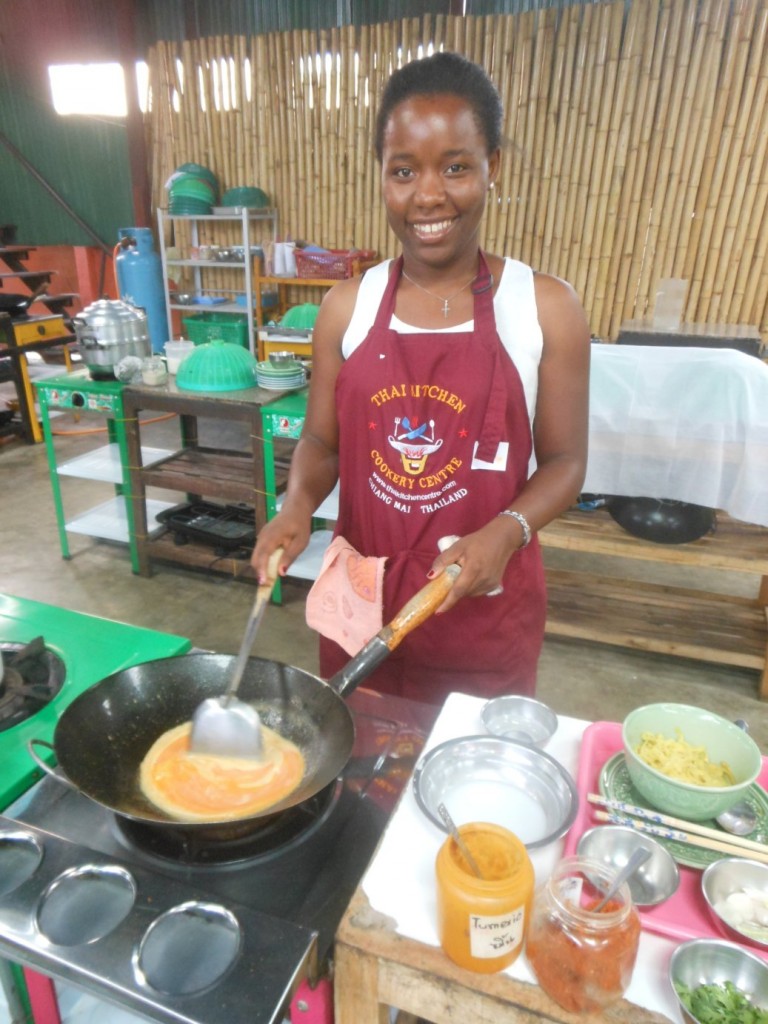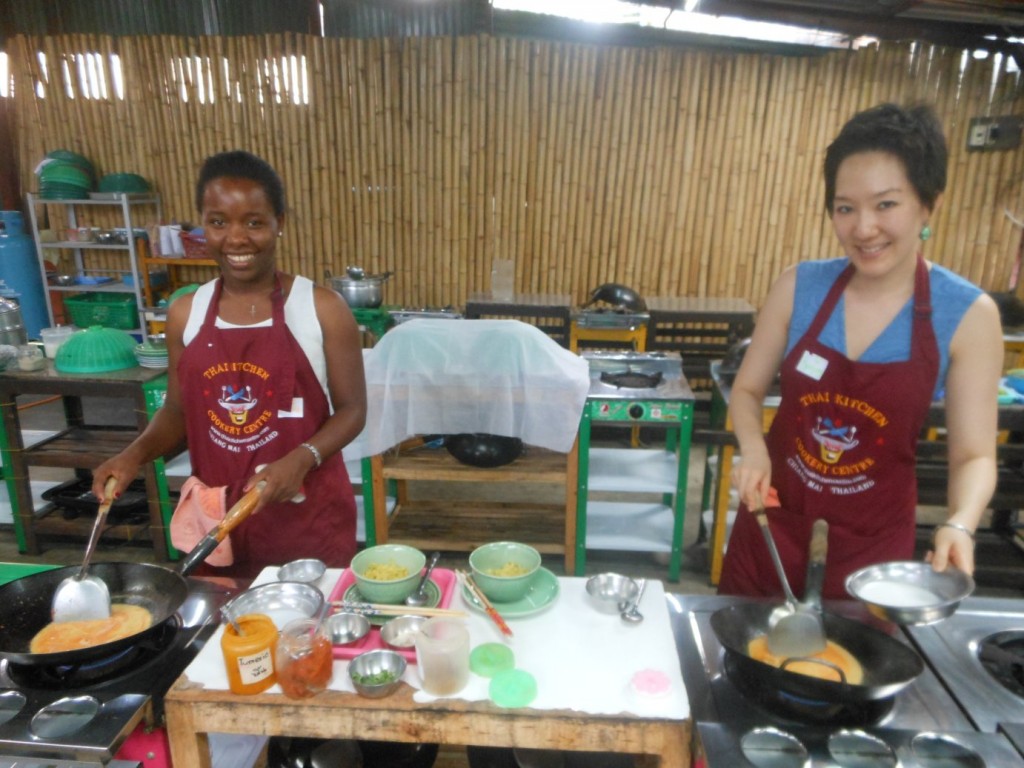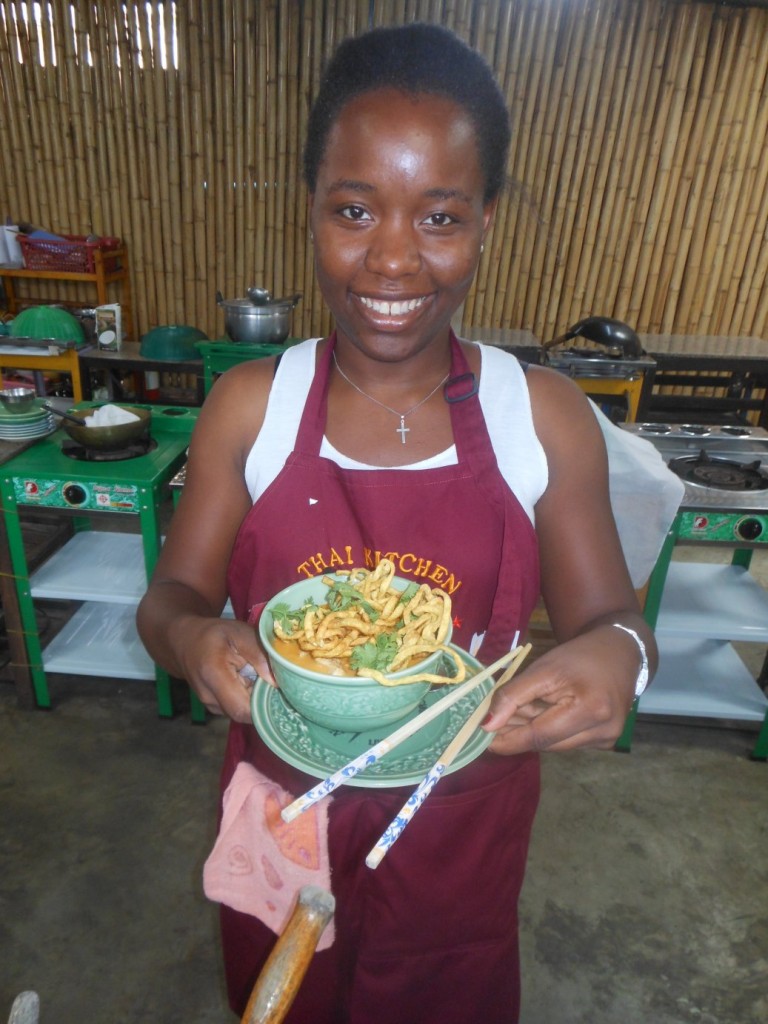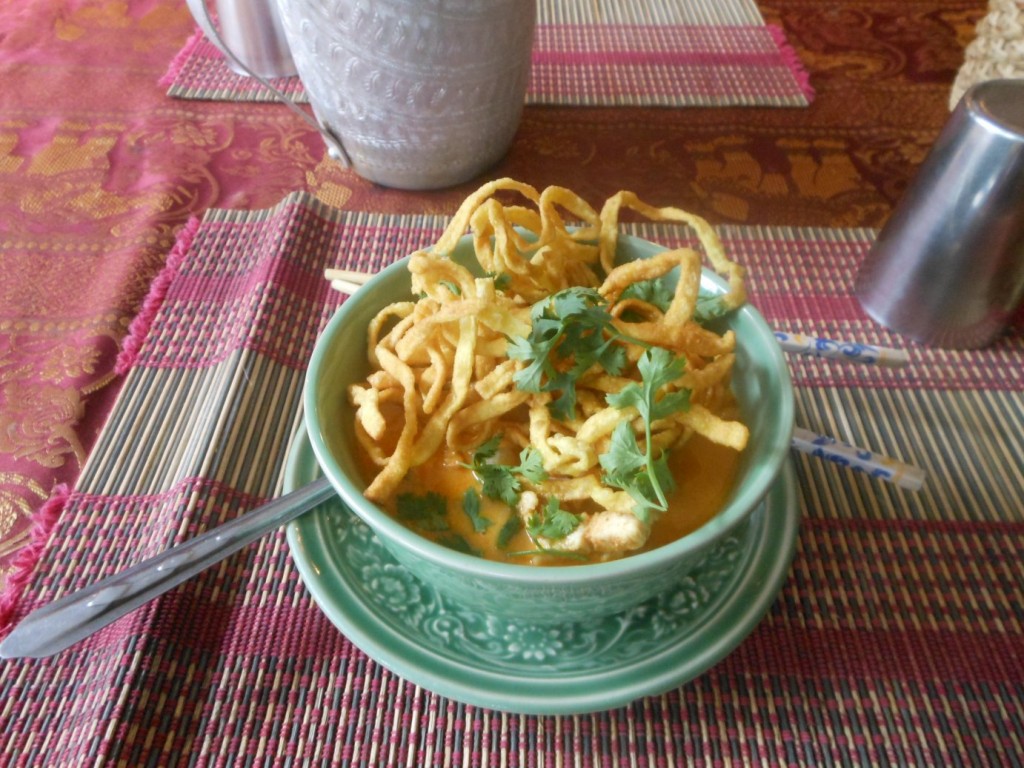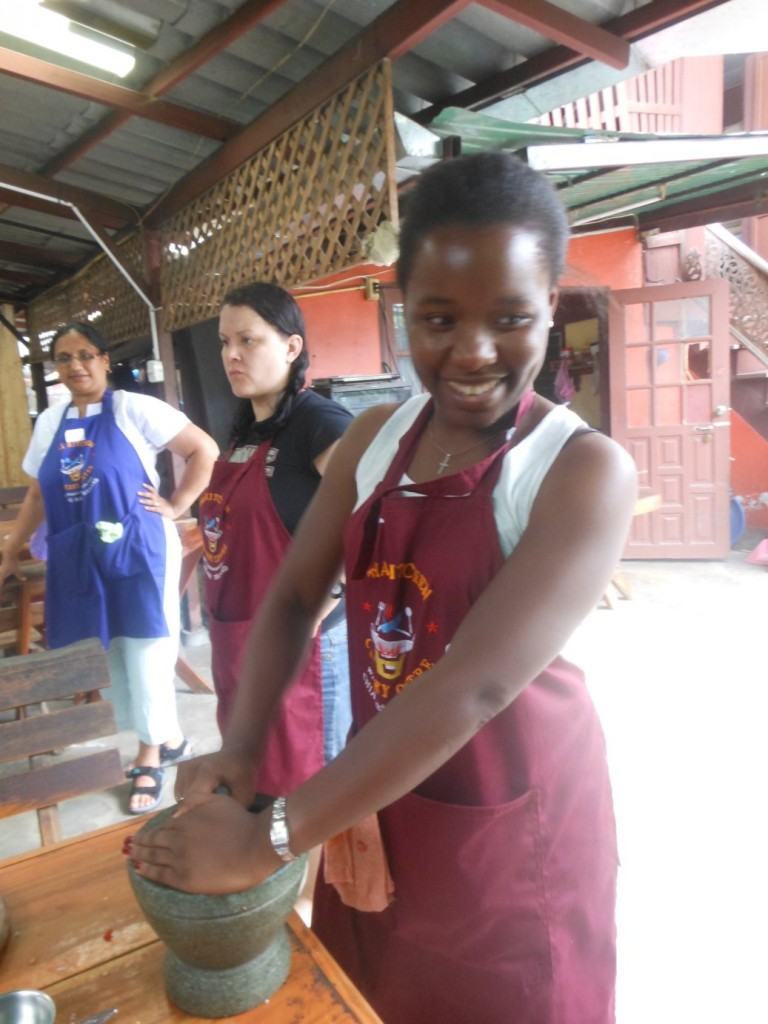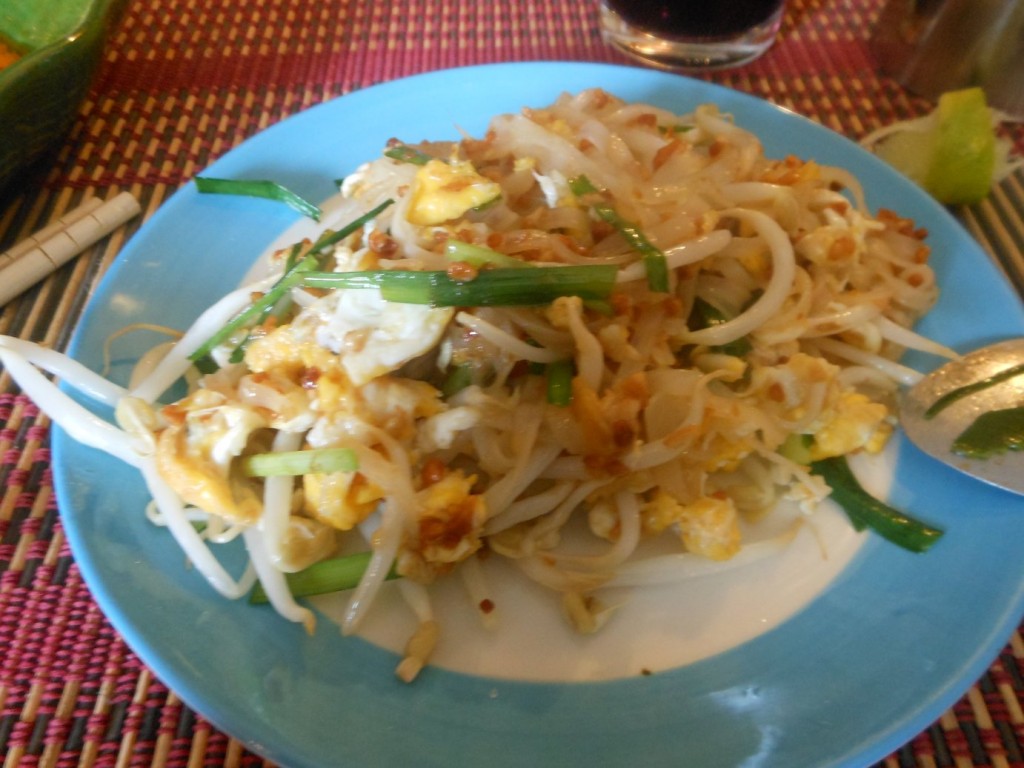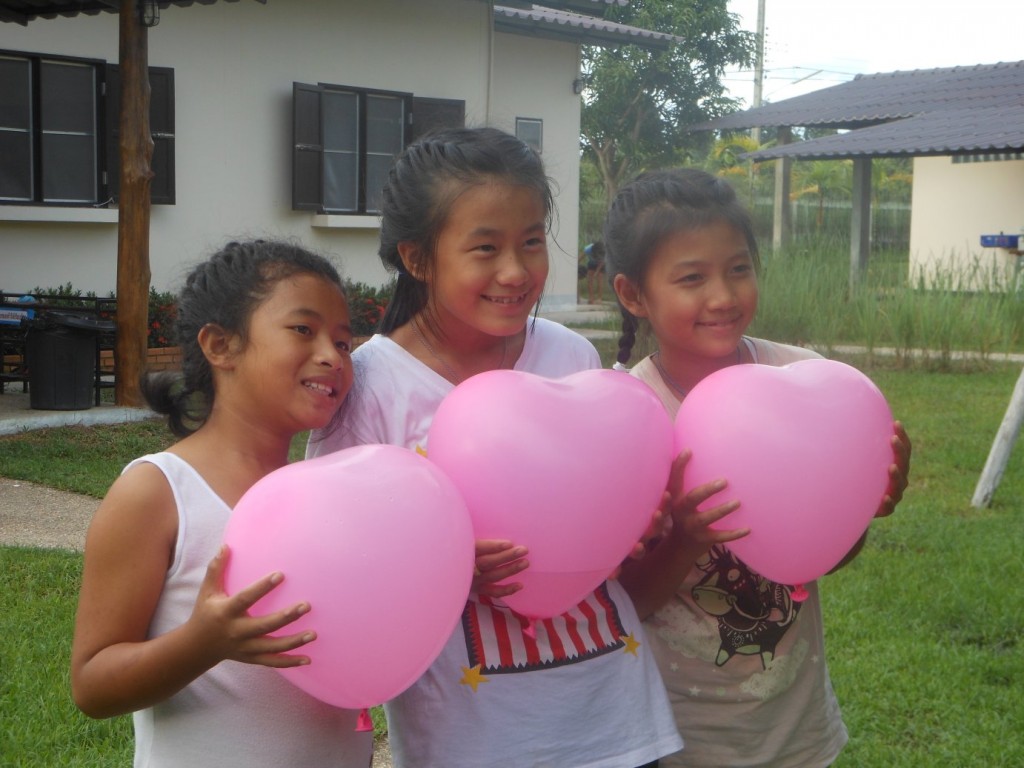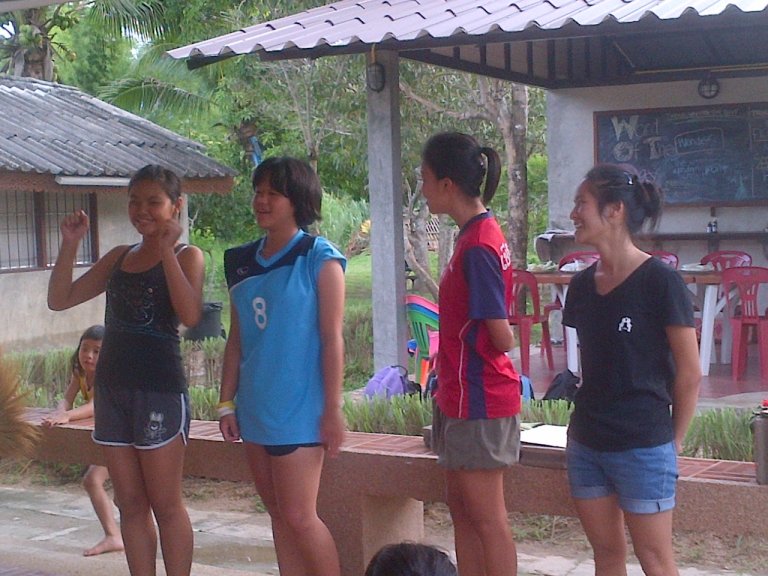I was taken for a trafficking talk after a few days here with a few of the other new volunteers to give us a background into trafficking, especially in this area.
We were told that COSA work with the hilltribe communities who are a mixed ethnic group who live in Northern Thailand. They were born in Thailand, but are marginalised. They don’t have Thai citizenship. They effectively have squatters rights, but not much more. They don’t have access to free education past 12 years old, so they can’t get good employment. They are not entitled to an ID card or passport. They can’t own their own land so farming is difficult. The Thai government take around 70% of what they earn so they can’t make enough money to have a decent living. Because of the rough conditions that they live in, the children mostly help their families to farm instead of going to school. This is a practical decision for them, not a moral decision as they are just trying to survive. It is not uncommon to see young children not being allowed to go to school and instead, having to work from 5am – 10pm to help the family.
Trafficking takes place in a few different forms in this community. Males 15+ are sold to work on fishing boats where they are mistreated. They regularly get beaten if they are not deemed to be working hard enough, and you regularly see boats returning with less people than they left with as men are thrown overboard if they get sick.
There are then 3-7 year old children who get sold for agricultural labour – picking tea leaves or coffee beans. These children are then at high risk for sexual trafficking as they get older.
Then there are 10-20 year old females who get trafficked for domestic labour which leads to sexual labour. Girls are sometimes rented out to the local men from their own homes which isn’t trafficking but they essentially become sex slaves.
The children involved don’t say no to their parents due to the culture here. They don’t want to feel like they are letting their family down. They don’t even think to question their parents decision or even think about saying no.
There are 7,000-10,000 hilltribe villages here in Northern Thailand, and each village has it’s own community brothel which services the community members and passers-by. It is usually the most cash-rich business in the village as they get regular business so they will often loan money to families in the community in exchange for their daughters working there for 6 months to pay back the debt. Prostitution is actually illegal in Thailand, but is normalised. 65% of Thai men have their 1st sexual encounter with a prostitute.
Nowadays, trafficking is also becoming normalised in the community here. Families who aren’t so poor will sell their daughter just to enable them to afford to buy material things to improve their social status in the sight of their peers. It really is heartbreaking.
COSA was started in 2009 in response to this. Some of the girls here have been sold by their families and subsequently rescued and taken into the shelter, while others were taken in after being identified as high risk for trafficking and were taken in to prevent it. The organisation work on a prevention based approach. They build relationships with the hilltribe communities and their chiefs and help to provide education for the villages and show them the value of education. They work to gain Thai citizenship for the girls at the shelter, and each girl goes to school, and then either university or vocational college. They try to teach the communities that educating their children will provide them with a long term source of income which will help the family for years to come as opposed to the short term gains that they get from trafficking.
There is currently a documentary being produced about trafficking in the hilltribe villages here and the work that COSA are doing. The documentary is being produced by Shine Global who recently won an Oscar for their documentary Inocente. Filming is due to start very soon, and you can watch a trailer below:

